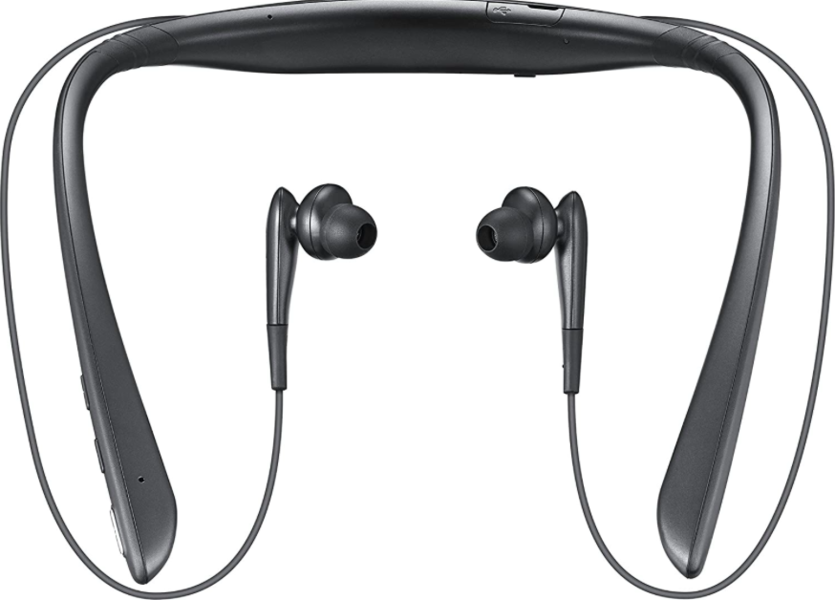

Orion Marketplace allows any network provider and service provider to participate and is specific to access point manufacturer. However, Google recognized the benefit and potential in promoting an open platform. Google’s primarily motivation with Orion Wifi was to extend their Google Fi coverage and avoid costly cellular roaming charge. Cisco initially did the same before concluding that wide scale adoption would require an open ecosystem. Unlike OpenRoaming and Orion WiFi, Air Pass can only be used on Aruba networks and therefore does not provide the seamless movement across different Wi-Fi networks made up of different access point manufacturers. However, it is not the same experience that is achieved with cellular coverage. Wi-Fi calling is great a substitute when cellular coverage is lacking. Handoff to the mobile network when leaving the Wi-Fi coverage area can also be an issue. Some service providers do not support Wi-Fi calling on handsets not supplied by the operator (i.e., jailbreak devices) and not all network features (e.g., call waiting or forwarding). Many networks are not designed to support consistent Wi-Fi calling experience. To be fair, Air Pass claims to work agreements with cellular service providers, although it is unclear which service providers are in place. This is the same idea (and same user experience) as Wi-Fi calling, except with transparent onboarding. While the goal of OpenRoaming is to provide mobile data offloading, Air Pass heavily markets the ability to extend voice coverage into a building where cellular coverage is lacking. This avoids the annoying hassle of having to know or enter the Wi-Fi network SSID and passphrase. Both OpenRoaming and Air Pass primarily target the ability for cellular service providers to seamlessly roam onto an enterprise Wi-Fi network using the phone’s SIM credentials to authenticate onto the Wi-Fi network. However, there are slight differences in objectives of each of these platforms, not in technology but in commercial aspects. OpenRoaming, Air Pass and Orion WiFi are an attempt to extend the technology providing transparent onboarding combined with the creation of a central entity (often referred to as a Federation) that acts as a match maker between Wi-Fi network owners and service providers. The vision was that people using mobile devices like smartphones and laptops will have reduced reliance on mobile data and be able to seamlessly transition between Wi-Fi networks as they travel, never noticing the transition from SSID to SSID.ĬLICK TO TWEET: In this blog, CommScope’s Matt Melester defines Wi-Fi roaming. The Passpoint protocol addresses network discovery, automatic network access and secure authentication and connectivity. In 2012, Wi-Fi Alliance introduced Wi-Fi CERTIFIED™ Passpoint R1 (Release 1) to allow users to easily transition between partner networks, which became the basis for Hotspot 2.0. The eduroam organization is also a founding member of the WBA’s OpenRoaming initiative. Still in use today, it provides researchers, teachers, and students easy and secure network access when visiting an institution other than their own.

In 2002, an initiative, known as eduroam, was formed to offer federated Wi-Fi roaming between different universities and research facilities. All three platforms seek to provide seamless onboarding and roaming between wireless networks using Wi-Fi Alliance’s Passpoint protocol, introduced a decade ago. Most recently Google announced Orion WiFi. Cisco followed this up by gifting OpenRoaming to Wireless Broadband Alliance (WBA) with the intention of creating an open platform to fuel industry adoption. Cisco first introduced OpenRoaming in 2019 then Aruba announced their version, Air Pass, in March of 2020.

The topic of Wi-Fi roaming has attracted a lot of attention lately.
#SAMSUNG LEVEL U PRO HARDLINE ADAPTER SERIES#
This blog post is part of a series called “ CommScope Definitions” in which we will explain common terms in communications networks infrastructure.


 0 kommentar(er)
0 kommentar(er)
